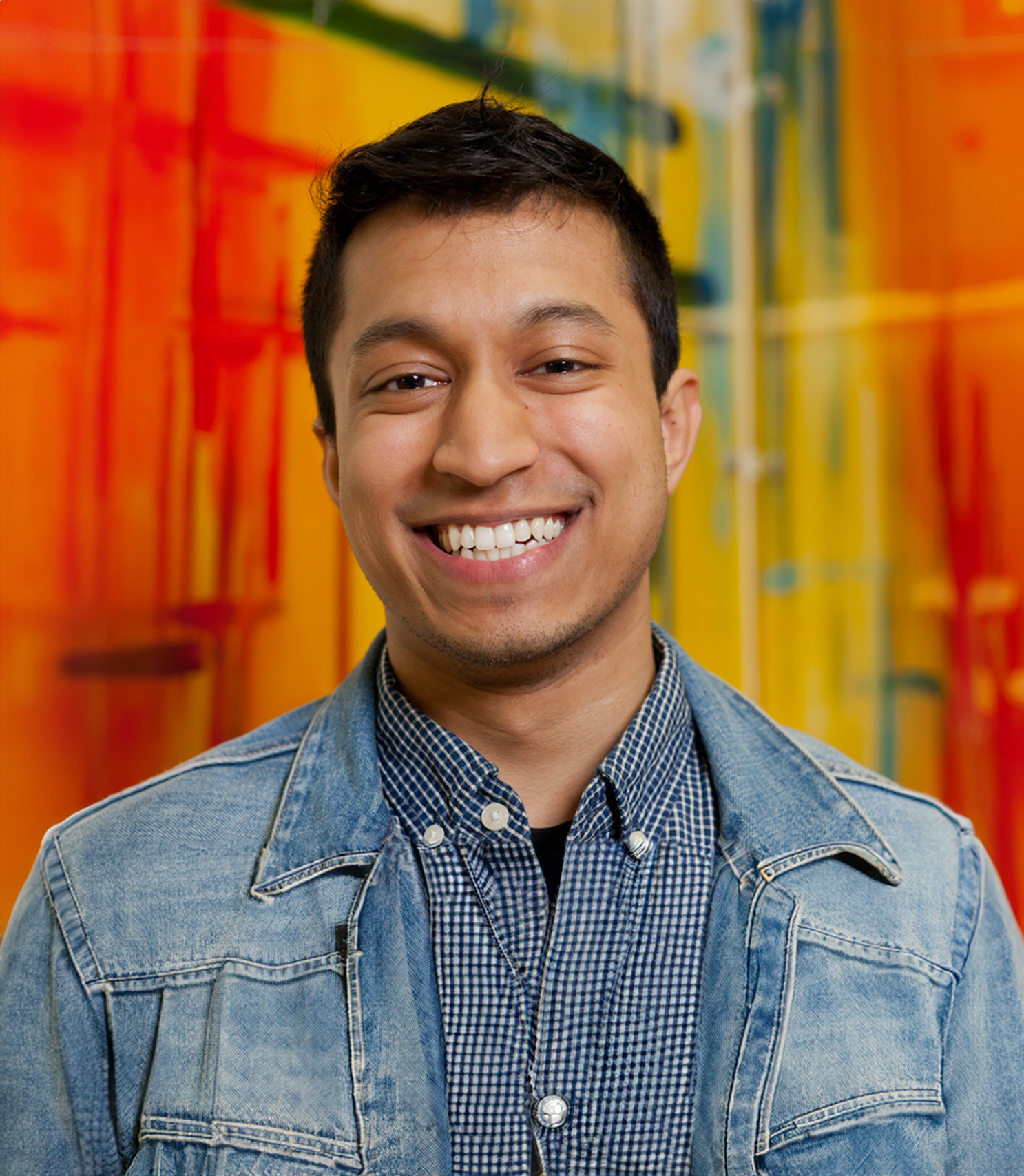
Alvi Rahman
Master in Management
Jamaica, New York
“The MiM program is no joke, “I don’t need to make it sound good, it actually is an incredible experience.”
Alvi Rahman always knew he’d make the jump from health science to business. He just didn’t know when and where he’d do it. Luckily for Rahman, Questrom’s Master in Management offered him the perfect opportunity to marry his health science skills with a business skillset. He says, “The MiM program is no joke, “I don’t need to make it sound good, it actually is an incredible experience.”
Pursuing a master’s degree in business was always in his future plans. “I really wanted to have that business background to guide my health science knowledge.” The direct business knowledge that students gain in Questrom’s MiM program is why Rahman chose it. He knew he wouldn’t get that anywhere else. With MiM, Rahman says he’s, “working with the clients, instead of working with theory.” That’s the real value that the MiM program gives its students, Rahman says. “The projects aren’t just theoretical, the deliverables you give are actually going to be substantial to a real-world company’s future growth. I know that this is a one of a kind program, there isn’t a program like this anywhere else.”
The curriculum’s design, Rahman says, is also one of a kind. Generally, students learn content to prepare for a test or quiz and then forget that knowledge, or most of it, post test. But, MiM students learn skills in real time, apply the knowledge straightaway, and come up with solutions to real problems by using knowledge they’ve gained with the problem in mind. The skills stick in a different way, says Rahman, “With MiM you are obtaining that information.” He explains, “You’re learning something that’s actually tangible in your growth.”
And boy has he grown. Rahman says that Questrom’s MiM program has helped him become a stronger leader, feel confident and present while presenting, and be able to effectively work on a team.
He says that a huge part of being a successful team is knowing when to step up and knowing when to step back. Rahman explains, “You have to adapt what your role is on the team.” Some teams may have members who are more outspoken, and need a member to take the back seat and string the ideas together. Other teams may be shy and may need someone to step up and toss out the ideas. “It doesn’t mean they can’t do it better than you, it means you need to bring all the skills to the table and … maximize them.” It’s about, “making everyone shine.” Rahman says, “I know how to analyze their skills and maximize the potential.”
Now, Rahman has two skill sets to offer an employer. And that helped him land himself a role at Cognizant, a company he doesn’t think he’d be headed for if not for the MiM program. He says, “The specific value of MiM is that now I have a much broader background. I have my healthcare background and now I have a business background, too.”
The flexibility of the MiM program really gave him a feel for what it’s like in the real world and gave him a preview of what life will be like as a professional in the field. He explains, “Every day is different. Sometimes you meet with your team sometimes you collect data on your own. That’s how it is in the real world. It gives me a better understanding of what people do in their careers. It’s actually giving real-world insight on how everything really works.”
